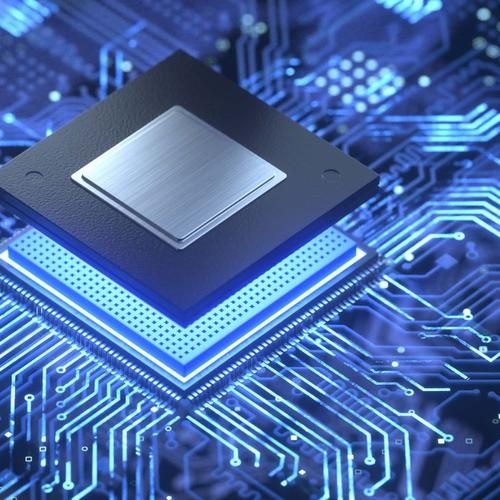
BYD changes leadership in smart driving research and development,
prepares AI chip team
BYD's intelligent driving R&D system is still rapidly adjusting.
Wang Huan, the head of intelligent driving R&D at BYD Planning Institute, has resigned. The intelligent driving development department he was responsible for was split and integrated. Most of the more than 500 employees in this department were transferred to the electronic integration department headed by Han Bing.
36Kr previously exclusively reported that this adjustment began at the end of last year. The starting point was BYD’s desire to sort out the intelligent driving research and development resources scattered in different systems.
After this adjustment is completed, Han Bing, director of the Electronic Integration Department, has become the head of intelligent driving research and development at BYD Planning Institute. At the same time, 36Kr learned exclusively that Han Bing is also simultaneously preparing BYD’s intelligent driving chip design team.
It is understood that Han Bing once worked in Delphi Germany and was engaged in the development of middleware and underlying systems. His overseas and technology research and development background is a talent that BYD currently highly respects.
Regarding the division of labor between Han Bing's chip design team and the semiconductor business of BYD's Sixth Business Unit, sources revealed that "the chip packaging and integration may be handed over to the Sixth Department."
The unification of chip and algorithm businesses is also a positive signal for BYD to accelerate its self-research on intelligent driving.
It is understood that in the past, the electronic integration department that Han Bing was responsible for mainly developed operating systems, domain controllers, middleware, etc. Now, including algorithm business and smart driving chips, the team size exceeds a thousand people. Together with the dual-mode system (mainly researching and developing plug-in hybrid technology) center and the intelligent network connection center, it has become one of the three core sectors of BYD Planning Institute.
In response to the above information, 36Kr asked BYD for verification. As of press time, no response has been received.
Although Wang Chuanfu previously regarded autonomous driving as "the emperor's new clothes", the lag in intelligence is not in line with BYD's "fast fish eats slow fish" style in recent years. Previously, 36Kr exclusively reported that the self-research plan for intelligent driving chips is led by the BYD Semiconductor team. It is reasonable that the actual start of this project falls under the Planning Institute.
The chip is the underlying carrier of the intelligent driving system, which is based on a strong understanding of intelligent driving software. According to 36Kr, the scale of the software team of Horizon, an autonomous driving chip company in the industry, far exceeds that of the hardware team.
Leading companies such as Weilai, Ideal and Xpeng Motors all followed Tesla's example. After self-researching intelligent driving algorithms to a certain extent, they began self-researching chips and growing their teams.
Although the logic of self-developed chips by car companies is still questioned, especially in terms of business logic such as cost amortization and sales guarantee, in the face of BYD's nearly 2 million sales last year, self-developed smart driving chips seem quite reasonable. Since the beginning of this year, BYD's rapid development in the new energy market has continued. In the first quarter of this year, BYD sold more than 552,000 new energy vehicles.
However, it is not easy to catch up with cutting-edge players. BYD needs to make efforts in two major areas: self-research of intelligent driving algorithms and self-research of chips.
BYD is already accelerating its focus on intelligent driving. Although currently existing models basically use solutions from external suppliers, including Baidu, Huawei, Momenta, etc. However, a BYD insider told 36Kr that as the smart driving team grows, “the current cooperation with some smart driving solution suppliers has stopped. Low-end solutions may still use suppliers, and high-end solutions will be developed in-house in the future. "
Similarly, in the field of chips, BYD still maintains close cooperation with external suppliers. Prior to the Shanghai Auto Show, BYD and Horizon reached cooperation in advanced intelligent driving assistance. But this does not prevent BYD from developing its own smart driving chips.
Obviously, BYD's efforts to seize the new energy market share and squeeze fuel vehicle companies will continue. But as Wang Chuanfu said, "The first half of new energy vehicles is electrification, and the second half is intelligence." Before entering the end of the new energy vehicle market, BYD must ensure that it has no obvious shortcomings.

